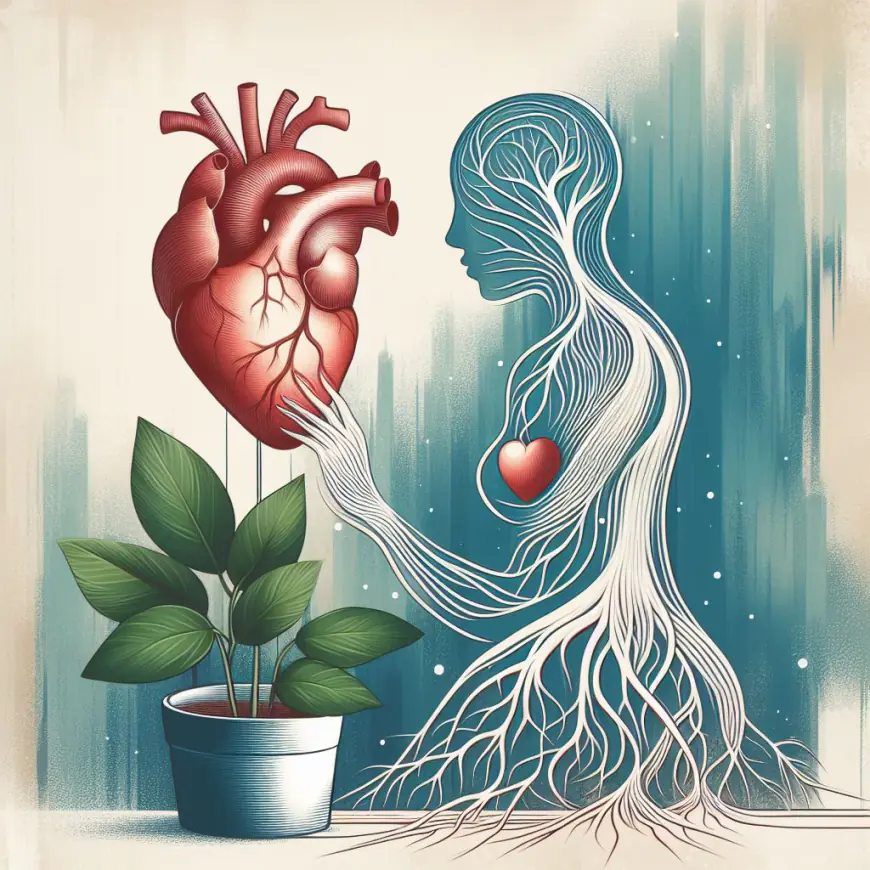Can A Transplanted Heart Change Feelings Or Will They Remain The Same?
Inheriting Emotions: The Heart’s Hidden Legacy

The Heart’s Echo: Transplants and Emotional Resonance
Introduction
The human heart, often symbolizing love and emotion, is a remarkable organ. But what happens when it is transplanted from one person to another? Does the recipient inherit not only the physical heart but also the emotions and memories of the donor? In this article, we delve into the fascinating world of heart transplants, exploring whether feelings change along with the beating rhythm of a new heart.
The Medical Marvel: Heart Transplants
A Brief Overview
Heart transplantation is a medical marvel that has saved countless lives. Surgeons skillfully remove a failing heart and replace it with a healthy one from a deceased donor. The recipient’s life is extended, but what about their emotional landscape?
The Physical Aspect
Physically, the transplanted heart functions as intended. It pumps blood, sustains life, and keeps the body alive. But what about the intangible aspects—the emotions, memories, and sentiments?
The Heart-Brain Connection
The Heart as an Emotional Center
Ancient cultures believed that emotions resided in the heart. While modern science has shifted this perception to the brain, there’s more to the story. The heart contains a complex network of neurons, neurotransmitters, and hormones. It communicates with the brain through the vagus nerve, influencing emotions and stress responses.
Emotional Memories
Memories are encoded in neural pathways. Could the heart, with its intricate neural network, harbor emotional memories? Some heart transplant recipients report vivid dreams or sensations related to the donor. These experiences defy logical explanations and hint at a deeper connection.
The Case Studies: Anecdotal Evidence
Claire’s New Heart
Claire received a heart transplant after years of battling heart failure. Post-surgery, she developed an inexplicable fondness for classical music—the same genre her donor loved. Claire’s family was baffled; she had never shown interest in classical music before. Could her new heart carry the echoes of the donor’s passion?
Emotional Transference
Dr. Paul Pearsall documented cases where recipients experienced personality changes. A once introverted man became outgoing, mirroring the donor’s extroverted nature. Could this be mere coincidence, or did the heart carry emotional imprints?
The Scientific Enigma
Cellular Memory Hypothesis
The cellular memory hypothesis suggests that organs store memories. While controversial, some studies hint at its validity. Researchers found that heart transplant recipients sometimes crave foods their donors enjoyed. Could this be more than coincidence?
The Role of Immunosuppressants
Immunosuppressant drugs prevent rejection but may also affect emotions. These medications alter brain chemistry, potentially influencing feelings. Could they be the bridge between the old and new emotional landscapes?
The Ethical Dilemma
Respecting the Donor’s Legacy
If emotions do transfer, should recipients honor the donor’s memories? Is it ethical to discard a favorite hobby or change one’s personality? Balancing gratitude with individuality is a delicate dance.
Conclusion
In the symphony of life, the heart plays a central role. Whether it carries emotional echoes remains a mystery. Perhaps the heart whispers secrets across time and space, connecting us in ways science cannot fully explain. As we marvel at the miracles of transplantation, let us remember that every heartbeat tells a story—a story of resilience, love, and the enigma of the human spirit.
What's Your Reaction?








































